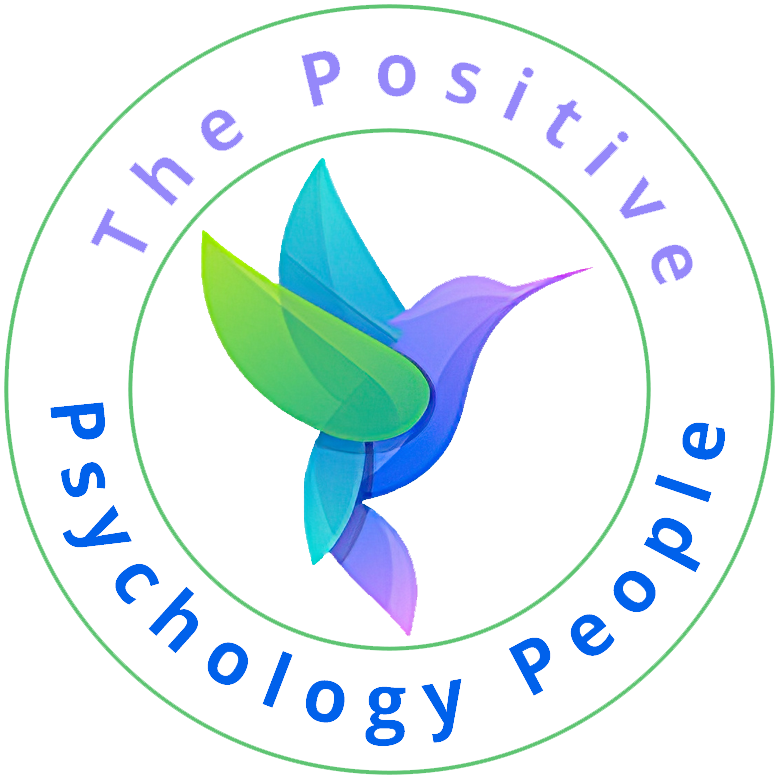The world of self-help has gotten very complex. There are umpteen theories and tools to increase your wellbeing, happiness and success. I use mind-set tools, emotional processes, behavioural practises and frequently I dive deep into the spiritual world. For me, personal growth is both psychology and spirituality, it is both an art and a science. And that’s just the way I like it. But, one thing that has gotten a little lost in the world of self-help, personal growth, personal development, self-improvement – whatever you want to call it, is common sense.
When common sense has the answers
This risk with self-help is that we can end up getting too deep, analytical or philosophical, when actually the best course of action is simple. For example, some self-help says:
- Accept and forgive those who are hurting you
- Choose more positive thoughts about that bad experience you just had
- Visualise your dreams so they can manifest in reality
Acceptance, forgiveness and positive thinking… is this bad advice? Not at all. Even visualisation is known to be beneficial in training your brain and can impact results. But, that doesn’t mean they are always appropriate methods. First and foremost, you may just need to follow some simple common sense. For example:
- If people are hurting you it would be healthy for you to not be around them
- If something bad just happened, it’s normal to feel sad, give yourself space for that emotion
- Take action daily towards your dreams if you want them to manifest
Sometimes, it’s really just that simple.
Don’t create problems that aren’t there
I did exactly this. For the last two years I kept stalling on going down a particular career path. It was a popular path and it could have been very fruitful, but I just couldn’t move forward. I convinced myself that I was self-sabotaging, that is – ‘doing things that create problems and interfere with long term goals’. I believed this was driven by my subconscious feelings of unworthiness, insecurity and not being good enough for this career path.
But, recently I had a stark realisation: there was no subconscious block, there was no self-sabotage. The truth was, that path did not align with my strengths, values or inspirations. I simply didn’t enjoy it and that’s why it was hard for me to commit to it. That’s all. A whirlwind of self-analysis and judgment had led me to believe there was something wrong with me that needed fixing for two years! What a waste of time and energy.
The litmus test for self-help
I believe pretty much every self-help tool or theory that I’ve come across and used over the last decade has its place and value. But, you have to recognise which one is actually going to be helpful at any given time. If I feel like I have a deeper challenge that common sense won’t solve, before diving head first into complex tools and methods, I try to do a litmus test. I ask myself this:
Do I feel empowered and inspired by this method? Does it make me feel capable, hopeful and that progress is possible? If the answer is yes, only then do I use it.
For further clarity you can ask:
Does this self-help method leave me feeling powerless or blaming myself for the difficult experience/ thoughts/ feelings that I’m having?
If the answer to that is yes, then I steer well clear because that’s not self-help, that’s self-harm.
Keep it simple
We are complex beings and some challenges such as healing trauma do require deep work and intricate solutions. But, sometimes the simplest, common sense solution can be the most empowering and effective. And, often those solutions are right there in your own inner wisdom. You don’t need to read 100 books, do years of self-analysis and take on a £10,000 life coach. You already know what to do. You just need to do it.
About the author: To find out more about Pinky Jangra, please click here.

